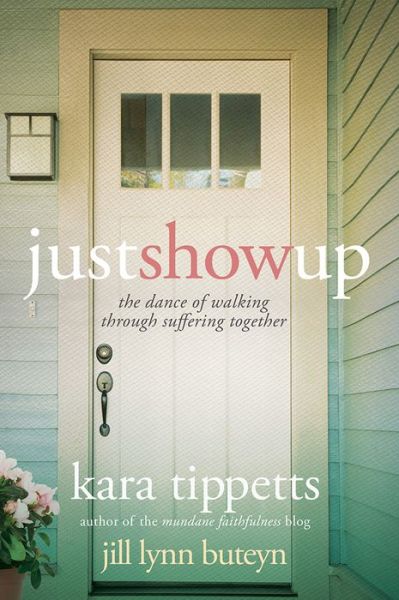Befriend, Chapter 8: Befriend True Friends and Significant Others & Chapter 9: Befriend the Sexual Minorities
This week we are discussing chapters 8 & 9 of our bookclub book, Befriend, by Scott Sauls. Even if you haven’t read the material or didn’t participate last week, please don’t hesitate to share your heart! This is how it works: I’ll post some initial thoughts and recap some of Saul’s points, but then I will post Sauls’ questions in the comments section. If you see a question you want to answer, simply reply to the question. And if you want to reply to someone else’s comment, please do! Or, if you want to ask your own question or start a new talking point, just create an original comment that isn’t a reply to anyone else’s. Make sure you check back throughout the week in case someone has posted on your comment or asked you a question.
Ground rules: This is meant to be an encouraging, redemptive conversation. Please communicate with kindness and grace.
Oh, friends, wasn’t Chapter 8 so beautiful?! I read it so slowly, soaking in the beauty and the wisdom. Chapter 8 is Befriend True Friends and Significant Others, in which Sauls compares the covenant nature of biblical relationships to the consumerism practiced in modern day relationships, including both romantic relationships and close friendships. He talks about the importance of being known, oh glory! He asserts, I need you to call my bluff. You need me to call your bluff too.
Wow, that is a risky thing to say because it implies that those two people not only know each other intimately but love each other deeply and are a safe place for each other! We all need to feel confident that even when we are at our worst, we won’t be abandoned. What beauty. Didn’t that give you goosebumps?! It resonates with my heart because at the core of my soul, that is my hope—that at my very worst, I will still be loved. Not because I am lovable, but because God has chosen to love me. And will we be the Body of Christ to each other? Will we choose to love each other well?
My favorite part of this chapter is when Sauls blows my mind by talking about loving each other for who God has created each of us to someday be. I wish I could just type out the entire chapter because it is just that good. But he says that we often—and rightly—remember why we originally fell in love with someone in order to motivate our love in the hard, dark moments. Yet we can also motivate ourselves by realizing that we are incomplete works that God intends to finish someday—we will all be made perfect in Christ! This is definitely my favorite quote to date in the book: Don’t just fall in love with who they are now, God says to us. With eyes of faith, fall in love with their future, fully redeemed, fearfully and wonderfully made self.
It reminds me of when Aaron and I first had children. It was scary and risky—I married Aaron hoping he’d be a good papa, but I really had no idea. All through my first pregnancy, I wondered about how Aaron would respond. Would he bond with our baby? Would he delight in him? Would he want to change diapers? Teach him how to kick a ball? I loved him for whom I thought he would become. But because of Christ’s work on the cross, we don’t have to wonder about each other—we can have confidence that God will complete the work he’s started in us.
Chapter 9, Befriend the Sexual Minorities, is a chapter that many of us would probably prefer to just skip over, right? Eek. When I saw that title, so many things ran through my head, all of which were awkward and uncomfortable. But I’m so glad for Sauls’ wisdom as he unpacks what it means to befriend the sexual minorities. He acknowledges that we are struggling to know how to biblically engage the LGBTQ community and even come to conclusions amongst ourselves about what the Bible says regarding these issues (Sauls, a PCA pastor, teaches that there is no place in Scripture that pronounces liberation for those wishing to pursue sexual relationships, including committed and monogamous ones, outside of the male-female marital union.).
I love that Sauls acknowledges that Christians have done a lot of harm through our us-vs-them attitudes throughout history and that he encourages us to focus on the fact that we are all part of the human community. I can’t articulate Sauls’ ideas better than he can, so I will simply quote him because his words are so perfect:
And if Jesus—though deeply committed to historic biblical sexuality—never scolded or protested against secular people for their damaged sexual ethics, then neither should we. Instead of looking for ways to protest against the sexual practices of our culture, what if we invested those same energies in creatively loving our neighbors as ourselves, and doing unto our neighbors—all our neighbors—as we would have them do unto us?








